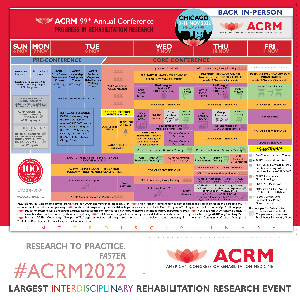.jpg)
Akira Kimura, PhD PT
Professor
Gunma Paz University, Japan
I do not have any relevant financial / non-financial relationships with any proprietary interests.
Name: Akira Kimura 58 years old.
Affiliation: Professor, Department of Physical Therapy, Gunma PAZ University, Graduate School of Health Sciences, Doctor Course.
Biography
1987 Graduated from Department of Physical Therapy, Department of Medical Technology College Kyoto University (present human health science department) in Japan
1988 Osaka University School of Medicine Hospital Physical Therapy Division (physical therapist)
1992 Master's degree from the University of the Ryukyus Graduate School of Health Sciences (Master of Health Sciences)
2000 SPSS Japan senior statistician
2008 Kanazawa University Graduate Doctor of Health Sciences Graduate School of Medicine (PhD of Health Sciences)
2010 Gunma PAZ University Health Science Department of Physical Therapy Professor (to the present)
2018 Gunma PAZ University Health Science Department Graduate school of Medical Sciences, Doctor course Professor (to the present), since 2014, I participated as a PT of Japan for the ICF validation survey in the vocational rehearsal of the University of Zurich. (Published in August 2016, Physical Therapy. 2016 Oxford Univ. Press)
He graduated from Kyoto University in Japan and after experiencing treatment of various patients as a physical therapist, He carried out research on health science in Okinawa. We have pursued the proper physical activity of stroke hemiplegia that complicated diabetes. And He development a people with blind energized alert devices for avoid to other people contact. At the same time, he studied statistics and has experience working for temporary SPSS. He makes use of these and am studying the way of scientific rehabilitation.
His hobbies are eating home cooking all over the world, entering a hot spring and reading old books.
The main research theme is the influence of physical activity and the interaction between persons with disabilities and healthy persons in physical activities and the environment on age, rehabilitation, lifestyle related disease structure, human factor, and heuristic error.
Poster(s):
- Factors Supporting Independent Physical Activity among the Very Older Adults in Longevity RegionsWednesday, November 9, 202212:23 PM – 12:28 PM

.jpg)
